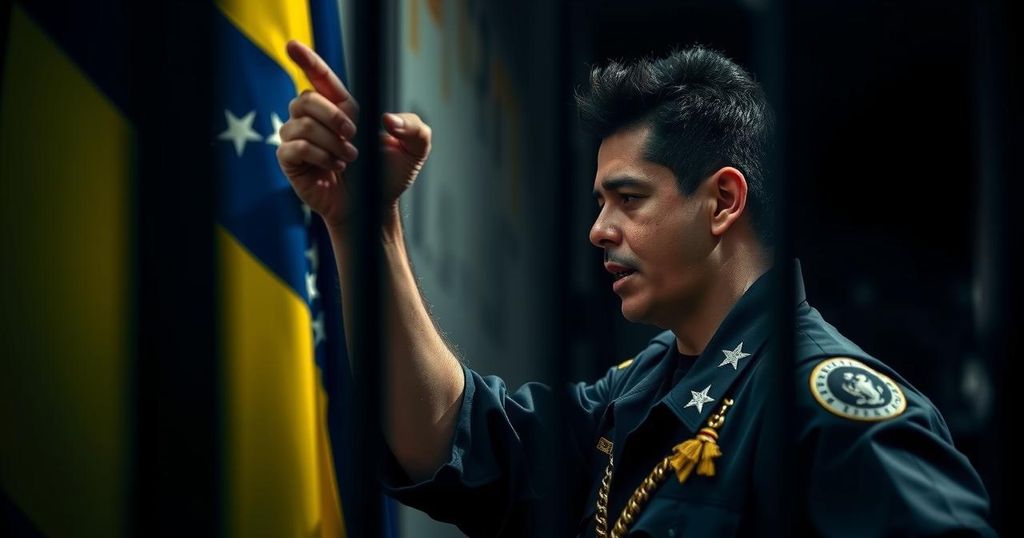Venezuela has released some detainees following post-election protests against President Nicolás Maduro. NGOs confirmed these releases after a review of cases by the Attorney General, though specific numbers and conditions remain unclear. The country has faced significant criticism for its election practices and repression of dissent, with around 2,400 arrests reported. The legitimacy of the election is still in question as opposition claims a decisive victory for Edmundo González over Maduro.
Venezuela has released several individuals from prison who were detained during anti-government protests that followed the contentious presidential election in July. Non-governmental organizations, including Penal Forum and the Venezuelan Prison Observatory, confirmed the releases via social media, emphasizing that these actions occurred after the Attorney General announced a review of 225 cases linked to the post-election unrest. The exact number of individuals freed remains unclear, and while some conditions were imposed on their release, those details were not disclosed. Celebrations ensued as families embraced their loved ones, marking this moment as a significant victory for human rights advocates. Amidst ongoing national turmoil, President Nicolás Maduro faces severe criticism regarding the election’s integrity and the subsequent crackdown on dissent. Protests erupted after the election authorities declared Maduro the victor, amidst allegations of electoral fraud from opposition figures, who claimed a landslide victory for candidate Edmundo González based on their tallied results from the electronic voting machines. Given the government’s arrest tally of approximately 2,400 individuals—encompassing political leaders, lawyers, and activists—Maduro’s administration has increasingly defended these detentions, even as he called for a reassessment of cases requiring rectification. The release of these detainees casts a spotlight on ongoing human rights issues within Venezuela and highlights the ongoing dispute over the legitimacy of its recent electoral process. Despite the varying claims of election outcomes and the government’s attempts to consolidate power, the situation remains volatile as further calls for justice and the protection of civil liberties resonate within the nation and among international observers.
The political climate in Venezuela has been marked by significant tension and unrest, particularly following the presidential elections in July. Streets witnessed intense confrontations as citizens opposed the election results, which purportedly saw President Nicolás Maduro retain his position amidst widespread allegations of fraud. Numerous citizens, including former political leaders and activists, are reported to have been arrested during this turbulent period, escalating the demand for human rights protections and transparent governance. The involvement of non-governmental organizations provides a crucial layer of oversight and advocacy, highlighting the plight of those unjustly detained in the wake of political upheaval.
In summary, the release of some prisoners following the contentious Venezuelan election represents a critical moment in the ongoing battle for human rights and democratic integrity in the country. While it reflects progress, the broader implications of the arrests and the disputed election results continue to pose serious challenges for the Venezuelan government. The situation demands careful monitoring, as calls for justice persist and advocacy groups push for the release of all remaining detainees linked to the politically charged unrest surrounding the election.
Original Source: abcnews.go.com






